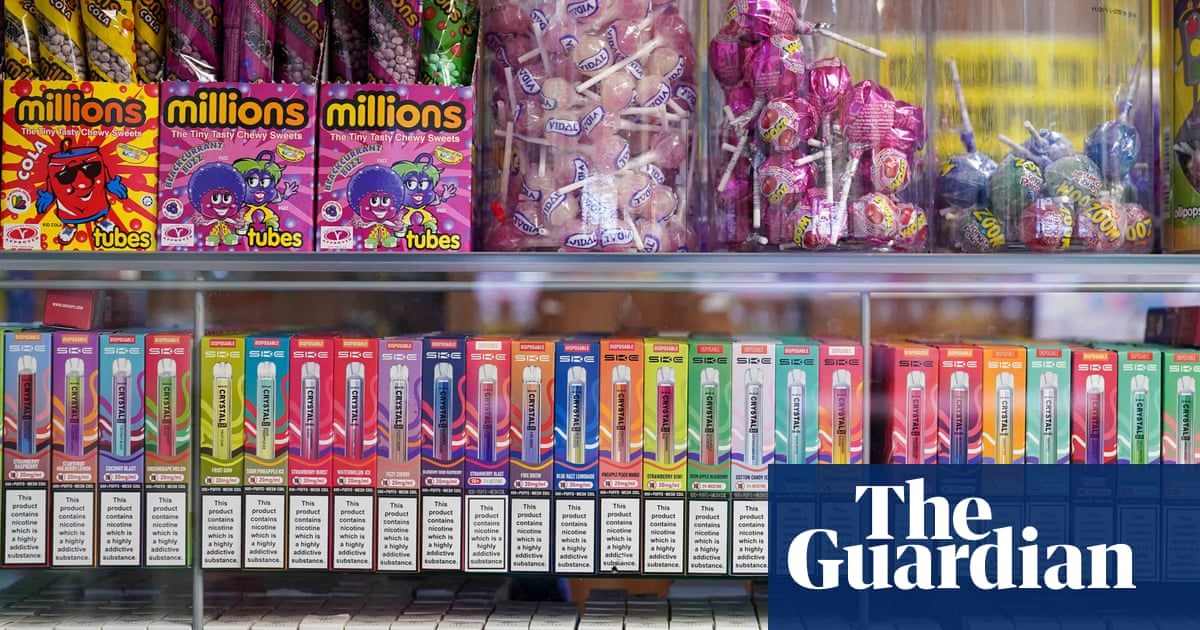Denmark is to ban mobile phones in schools and after-school clubs on the recommendation of a government commission that also found that children under 13 should not have their own smartphone or tablet.
The government said it would change existing legislation to force all folkeskole – comprehensive primary and lower secondary schools – to become phone-free, meaning that almost all children aged between seven and 16-17 will be required by law not to bring their phones into school.
The announcement marks a U-turn by the government, which had previously refused to introduce such a law. It comes as governments across Europe are trying to impose tighter regulations on children’s access to phones and social media.
The Danish wellbeing commission was set up by the prime minister, Mette Frederiksen, in 2023 to investigate growing dissatisfaction among children and young people.
Its long-awaited report, published on Tuesday, raised the alarm over the digitisation of children and young people’s lives and called for a better balance between digital and analogue life. Among its 35 recommendations was the need for government legislation banning phones from schools and after-school clubs.
The minister for children and education, Mattias Tesfaye, told Politiken: “There is a need to reclaim the school as an educational space, where there is room for reflection and where it is not an extension of the teenage bedroom.”
There will be scope for local authorities to make exceptions, including for children with special educational needs, but he said mobile phones and personal tablets “do not belong in school, neither during breaks nor during lessons”.
He said the government had started preparing a legislative amendment.
“Suddenly, screens were everywhere in school, and it was only afterwards that we started discussing the consequences,” he said. “Both academic studies and commissions are starting to address the negative consequences. In the two years that I have been minister of education alone, we have become somewhat wiser.”
The commission’s research found that 94% of young people had a social media profile before they turned 13 – despite that being the minimum age for many social media platforms – and that nine to 14-year-olds spent an average of three hours a day on TikTok and YouTube.
The commission said: “This increases the risk of children being exposed to, amongst other things, inappropriate comparison cultures, pressure to be available and harmful content and features.
“At the same time it takes time and attention away from essential things in childhood and youth like leisure activities, physically spending time with friends and family, play and immersion in reading and other activities.”
after newsletter promotion
Tech companies, it said, should be forced to protect children from “addictive” design and inappropriate content. Parents, meanwhile, should not give children a smartphone or tablet until they are at least 13.
The chair of the commission, Rasmus Meyer, compared the mobile phone ban to not allowing smoking in schools and said that the moment a child is given a smartphone “it will colonise the child’s entire life”.
A French report last year also found that children should not be allowed to use smartphones until they are 13.
France, which banned primary and secondary pupils from using their phones on school premises in 2018, has been trialling a “digital pause” for children up to the age of 15, where they hand their phones in on arrival.
Norway recently announced a strict minimum age limit of 15 on social media to protect children from tech companies which it said are “pitted against small children’s brains”.

.png) 3 months ago
43
3 months ago
43

















































